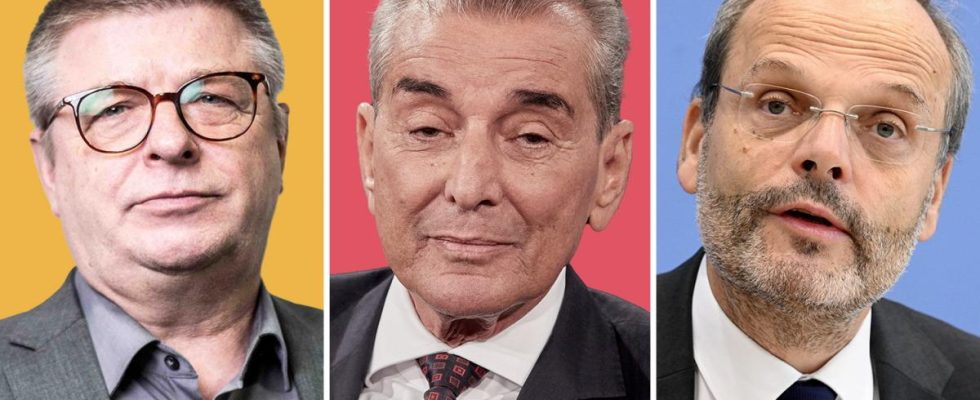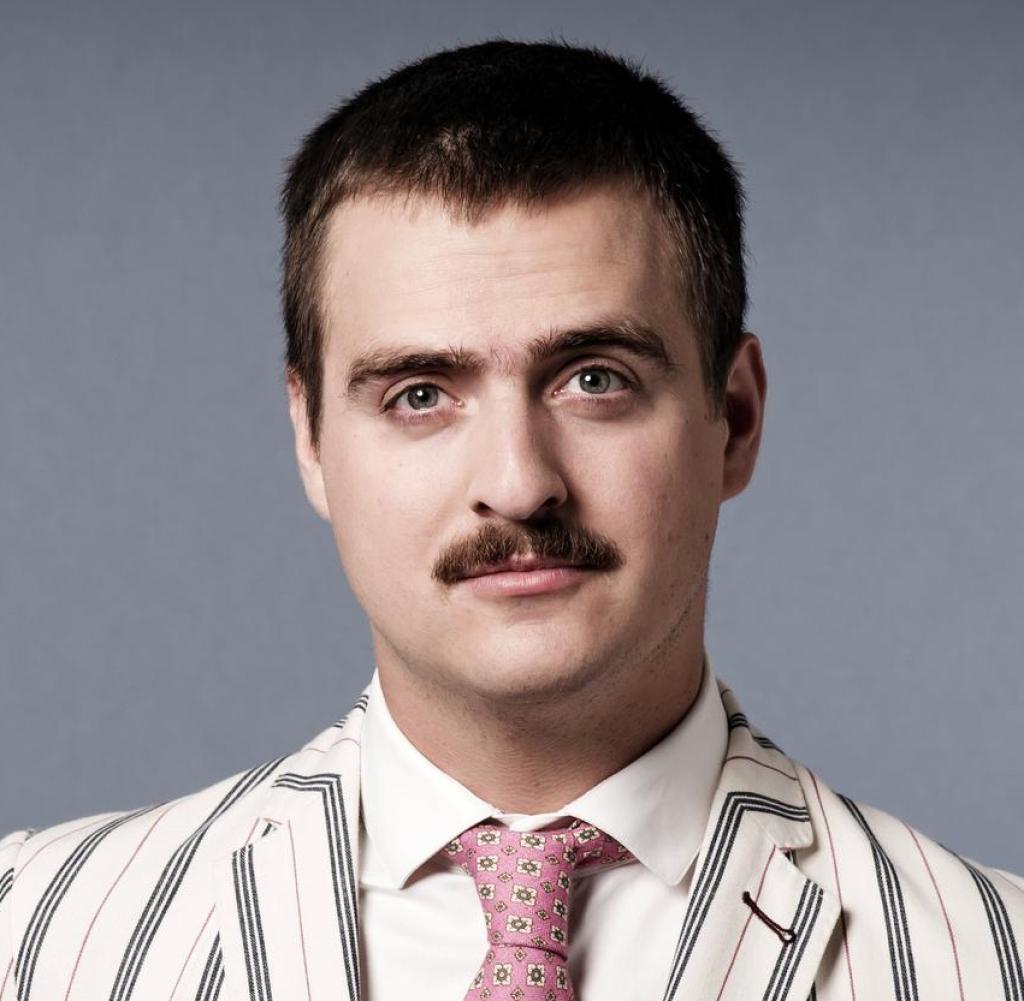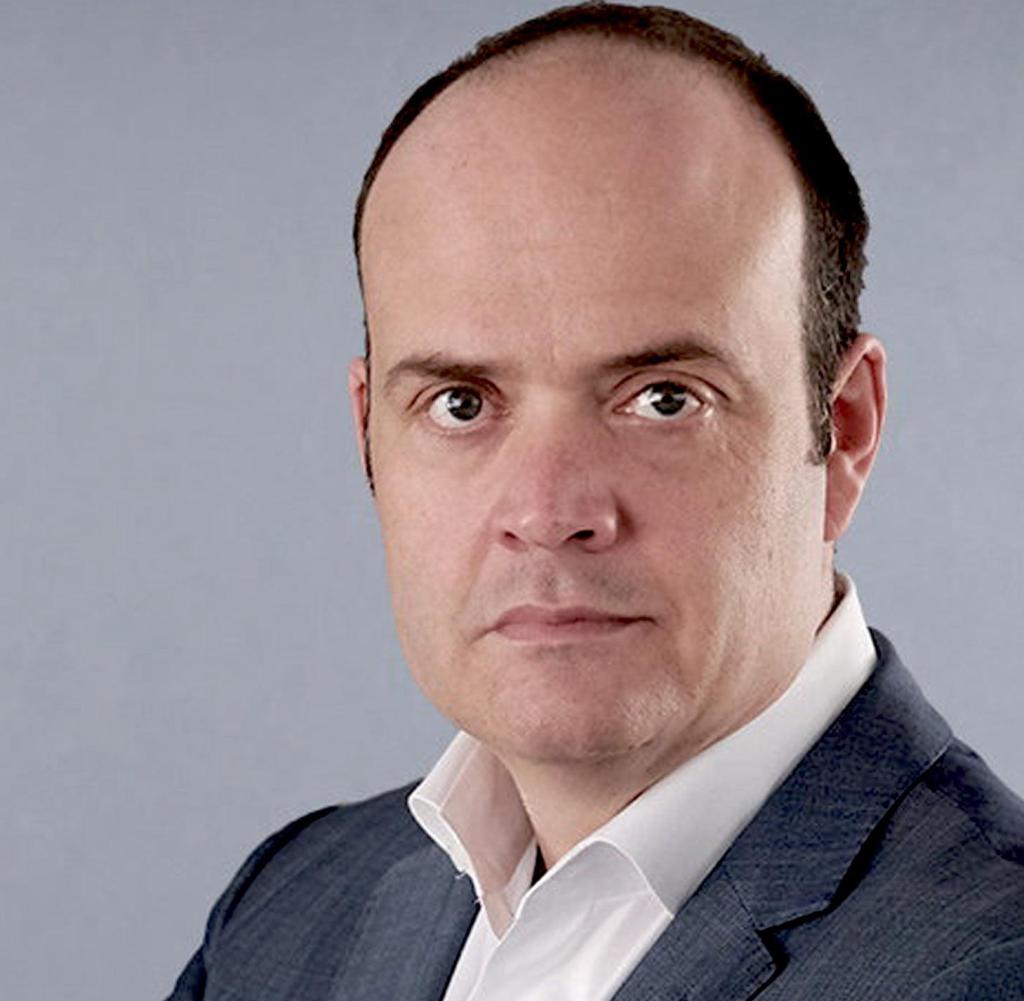MHonorable police officers monitored the safety of participants in a panel discussion in the Berliner Ensemble on the evening of November 9th. On the stage sat the journalist Michel Friedman, Germany’s top intelligence officer Thomas Haldenwang and Felix Klein, Federal Commissioner for the Fight against Anti-Semitism. They discussed hatred of Jews, and the fact that several officials were spread out in the hall of a theater before this debate actually says everything on the subject.
But Friedman didn’t just want to talk about Islamists who are currently openly taking their hatred of Jews into the streets and because of which the large number of security guards were necessary.
He wanted to talk about his despair that a massacre of Jews would not drive Germans onto the streets in nearly as many numbers as the war against the Ukrainians or the Iranian mullahs’ hatred of women. About the fact that instead more and more non-Muslims and left-wing extremists are working together with Islamists against Israel take to the streets. And that the right-wing extremist AfD is conquering parliaments, which “threatens him not only as a Jew, but also as a human being.”
All of them, says Friedman, could agree on this: “The Jews are to blame for everything. Why?” Klein said: “Hate of Jews is the oldest hatred known, it runs like a red thread through cultural history.” Shortly before, Haldenwang had said about the strong Höcke party and the current “permanent crises”: “It is the great time of the Pied Pipers”.
But they hardly came together beyond such – perhaps true – generalities: the Jew Friedman, who feels existential fear, and the non-Jewish civil servants Haldenwang and Klein, who responded to Friedman’s fear with words like: “measures”, “catalog”, or even: “Catalogue of measures” that have been taken and are being implemented to combat anti-Semitism.
“I’m surprised you’re both surprised” at the depth of hatred of Jews in the country
Perhaps Friedman’s most important and certainly most personal question – “But what has become better for my children?” – was left behind in the room. Instead of answering, Haldenwang defended his predecessor Hans-Georg Maaßen: “He never made any anti-Semitic comments while in office.” Friedman had previously noted that he could hardly have invited Haldenwang’s “old Nazi” predecessor to such a conversation.
This is how Friedman drove them along all evening: According to Friedman, what Haldenwang spoke about the extent of anti-Semitism since the Hamas attack on October 7th could have been told to him on October 6th. Sometimes it’s the Höckes, sometimes it’s the Islamists. When Klein cited the media response to Richard David Precht’s outdated stereotypes about Jews (“diamond trade and financial transactions”) and the Hubert Aiwanger leaflet affair as evidence of a “functioning outrage reflex,” Friedman replied: Aiwanger then gained votes at the ballot box. “I’m surprised you’re both surprised” at the depth of Jew-hatred in the country, Friedman said.
Klein defended himself: What was surprising was “that it is such a large part of the population,” and he was “sad” and “disappointed” about that. And Haldenwang said: Islamic anti-Semitism is now becoming clearly visible. In Arab countries, children absorb hostility towards Israel with their mother’s milk. Friedman contradicted again: “It’s not just ‘Israel’ – it’s the Jews”, incidentally also fueled by Turkish President Recep Erdogan, a “Jew-hater”.
A few days before Erdogan’s planned state visit, what would Haldenwang and Klein actually find more important: a confession against hatred of Jews, i.e. disinvitation, or realpolitik, i.e. an appearance by Erdogan alongside Chancellor Scholz? Friedman wanted to know. Haldenwang and Klein replied that they found “dialogue” and “security policy” more important, although, according to Klein: “But I don’t see the Turkish president sitting next to the Federal President,” he means: at the upcoming German-Turkish friendly match.
Friedman emphasized in variations that he never criticized the people Haldenwang and Klein, but rather the incumbents. When they stated the extent of the hatred of Jews and that it was increasing, he countered them with: “Apparently you haven’t done everything humanly possible” to prevent it?
Haldenwang said: That’s probably true, but then takes refuge on the Internet and accuses a minority, the younger people: They only collect their information on the Internet, insinuated: So it’s no wonder that everything is so bad. Then Klein: “And it’s not that bad,” he explains: National strategy against anti-Semitism decided. Gaps in the regulations regarding criminal offenses such as burning Israeli flags have been closed. Anti-Semitism commissioners appointed to the public prosecutor’s office. And: “On ten pages it explains what needs to be done in schools.”
The schools are outside Haldenwang and Klein’s sphere of influence. They agreed that many problems were rooted in the rampant lack of education regarding the complex of anti-Semitism. Klein repeatedly emphasized that his main task was to raise awareness. That evening he spoke not only about the history of Christian anti-Semitism – “the Jewish pig continues to have an impact” – but also about former Chancellor Adenauer, who once trivialized synagogue graffiti into “stupid boy pranks”.
Klein and Haldenwang insisted and Friedman disagreed, the dynamic of the conversation was that Germany had made great progress since then.
As a young Jewish family in Germany, would you rely on this…”
Friedman once said: The desperation of German Jews stems from the fact that “no one in this country is interested in what is happening.” Haldenwang seemed prepared: He “would like to point out” that there had been 446 pro-Israel, pro-Jewish rallies by November 6th have. But he then admitted himself: There had been “pro-Palestinian” rallies of almost the same magnitude; But only a few of them were “pro-Hamas”. “All of this should not be underestimated,” said Haldewang.
Towards the end, Friedman asked the crucial question without saying the words: “As a young Jewish family in Germany, would you rely on this…” He pauses. “Do you understand what I’m implying? Does the subjective feeling correspond to reality?” “We still live in a state in which all people are protected,” replied Haldenwang. This is particularly true for Jewish families.”
What does “still” mean? Last but not least, Friedman wanted to know: Can Haldenwang and Klein imagine that the AfD will be part of the next government or the one after that? Klein said he was confident that the firewall would hold up, “including the CDU”. The audience laughs scornfully, like the AfD in the Bundestag, when they don’t like the answers. Haldenwang said: “We have to work to ensure that this doesn’t happen.”
“If it weren’t for people like these two, I couldn’t live in Germany,” Friedman concluded, he seemed to mean it from the heart and was now also talking about the people of Haldenwang and Klein, and no longer just about the incumbents and their constraints in office.
But Friedman had previously said: These days he often has to think about his parents, Holocaust survivors. They told him: “Michel, don’t be naive. Maybe you can rely on two or three people. But don’t count on them.”




